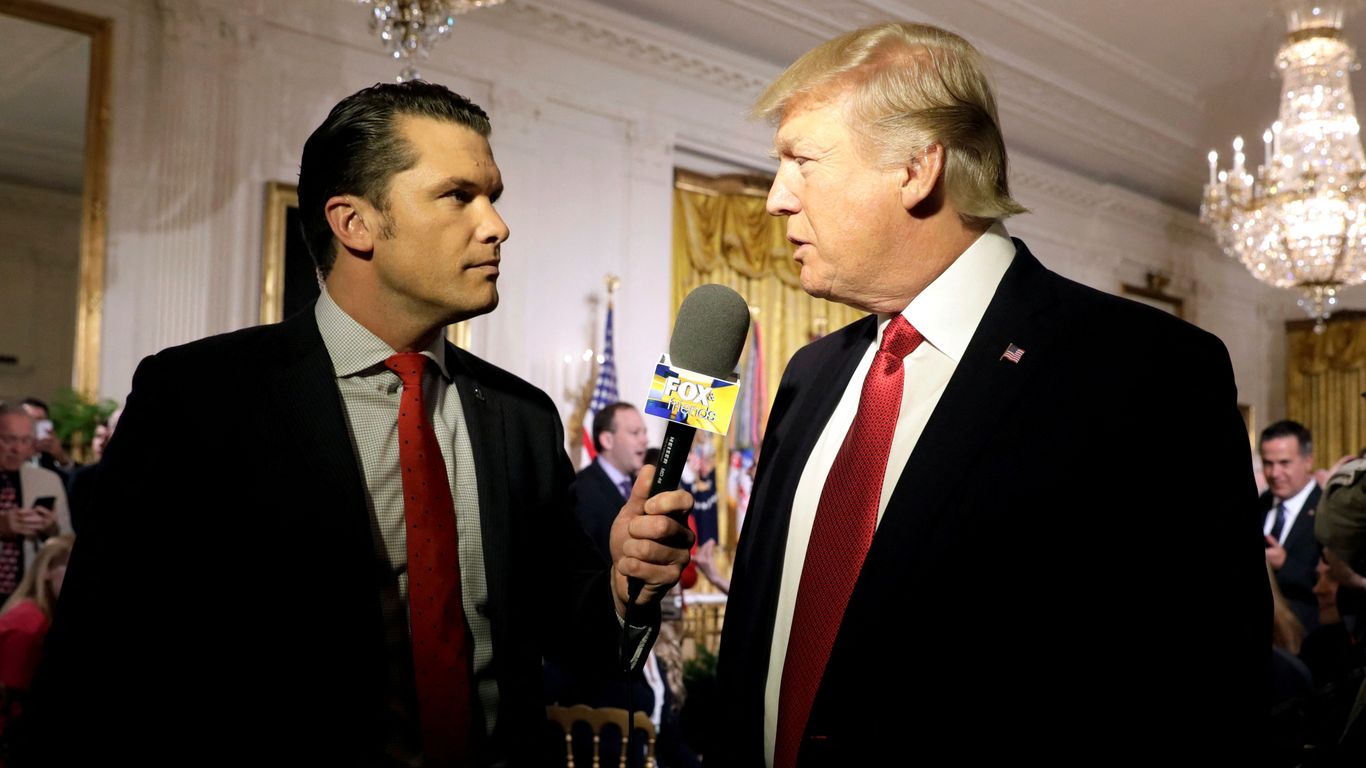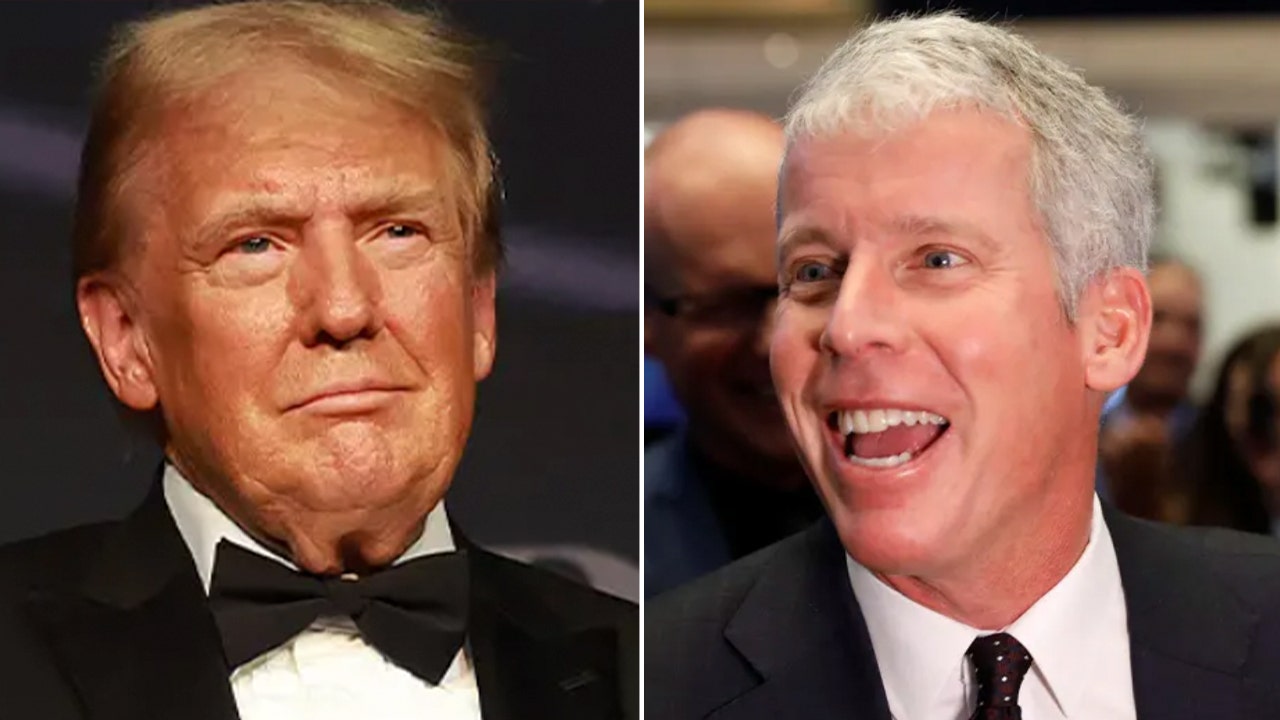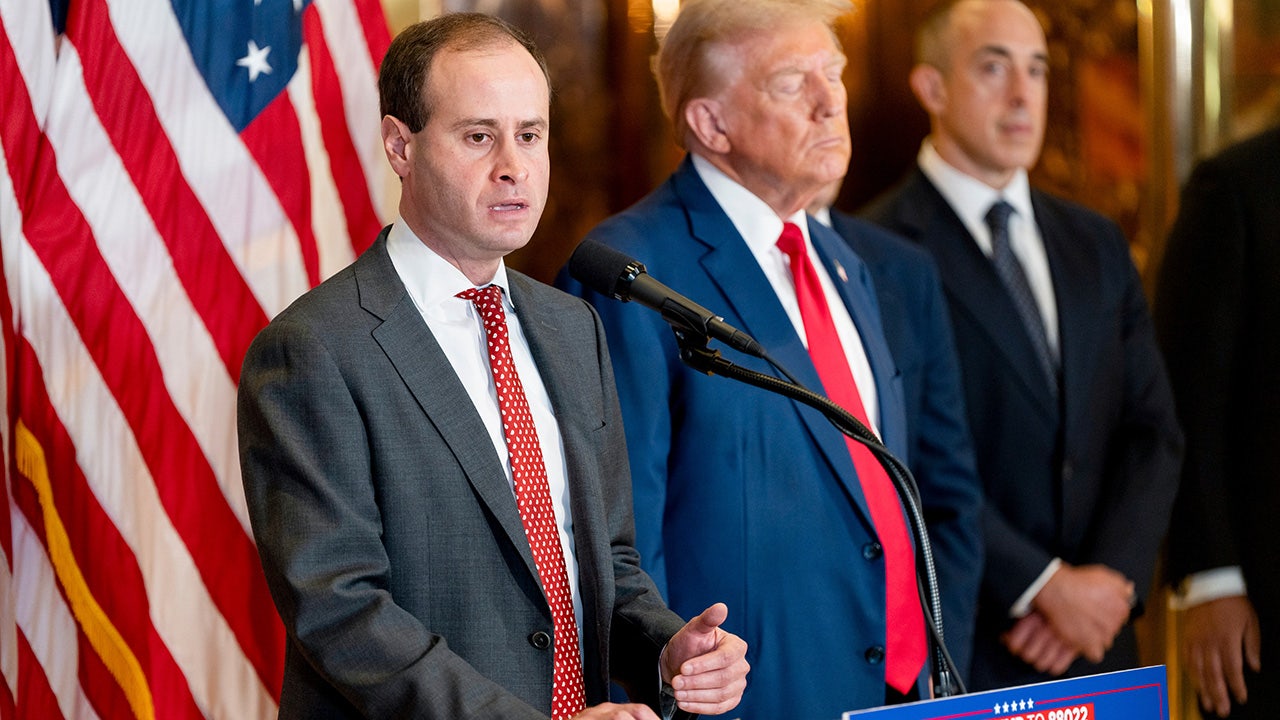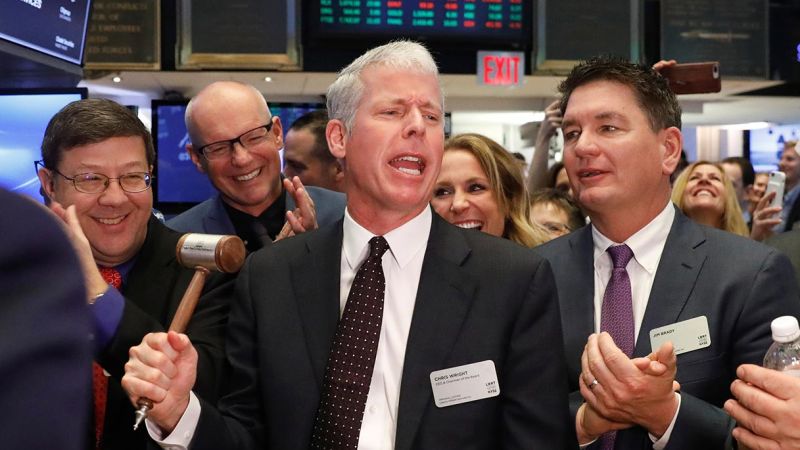
Texas judge rolls back Department of Labor's overtime pay rule
Posted on 11/17/2024

Millions of Americans who would have become eligible for overtime pay at the start of 2025 are now unable to receive that benefit, after a judge in Texas has blocked a federal exemption rule.
Earlier this year, the U.S. Department of Labor (DOL) under President Biden set a rule to raise the minimum annual salary threshold that makes an employee exempt, and therefore ineligible for overtime, to $58,656. The threshold was recently set at $43,888, which was enacted in July and was up from a 2019 Trump-era threshold of $35,568.
But the increases received pushback from the state of Texas and several businesspeople. The entities filed multiple lawsuits challenging the DOL rule, and U.S. District Judge Sean Jordan for the Eastern District of Texas wrote in his judgment Friday—as provided by Bloomberg—that the DOL "exceeded the authority delegated by Congress" in issuing the rule in July. Instead, Jordan wrote, the rules should be based on workers' job duties rather than their salary.
Advertisement
Article continues below this ad
Jordan, a University of Texas graduate who was appointed to the bench by President Trump in 2019, has set the minimum threshold for exemption back to the 2019 level of $35,568. The DOL did not immediately offer a statement.
When announcing the new rules in April, the DOL said it "conducted extensive engagement" with employees, employers and unions, among others, in coming up with the new thresholds
"This rule will restore the promise to workers that if you work more than 40 hours in a week, you should be paid more for that time," said Acting Secretary of Labor Julie Su in a press release. "Too often, lower-paid salaried workers are doing the same job as their hourly counterparts but are spending more time away from their families for no additional pay. That is unacceptable. The Biden-Harris administration is following through on our promise to raise the bar for workers who help lay the foundation for our economic prosperity."
Advertisement
Article continues below this ad
Ruling aside, it was widely believed that Trump, who will once again assume the office of the president in January, would have repealed at least some of the Biden administration's work.
Earlier this year, the U.S. Department of Labor (DOL) under President Biden set a rule to raise the minimum annual salary threshold that makes an employee exempt, and therefore ineligible for overtime, to $58,656. The threshold was recently set at $43,888, which was enacted in July and was up from a 2019 Trump-era threshold of $35,568.
But the increases received pushback from the state of Texas and several businesspeople. The entities filed multiple lawsuits challenging the DOL rule, and U.S. District Judge Sean Jordan for the Eastern District of Texas wrote in his judgment Friday—as provided by Bloomberg—that the DOL "exceeded the authority delegated by Congress" in issuing the rule in July. Instead, Jordan wrote, the rules should be based on workers' job duties rather than their salary.
Advertisement
Article continues below this ad
Jordan, a University of Texas graduate who was appointed to the bench by President Trump in 2019, has set the minimum threshold for exemption back to the 2019 level of $35,568. The DOL did not immediately offer a statement.
When announcing the new rules in April, the DOL said it "conducted extensive engagement" with employees, employers and unions, among others, in coming up with the new thresholds
"This rule will restore the promise to workers that if you work more than 40 hours in a week, you should be paid more for that time," said Acting Secretary of Labor Julie Su in a press release. "Too often, lower-paid salaried workers are doing the same job as their hourly counterparts but are spending more time away from their families for no additional pay. That is unacceptable. The Biden-Harris administration is following through on our promise to raise the bar for workers who help lay the foundation for our economic prosperity."
Advertisement
Article continues below this ad
Ruling aside, it was widely believed that Trump, who will once again assume the office of the president in January, would have repealed at least some of the Biden administration's work.
Comments( 0 )
0 0 5
0 0 6
0 0 5
0 0 6























